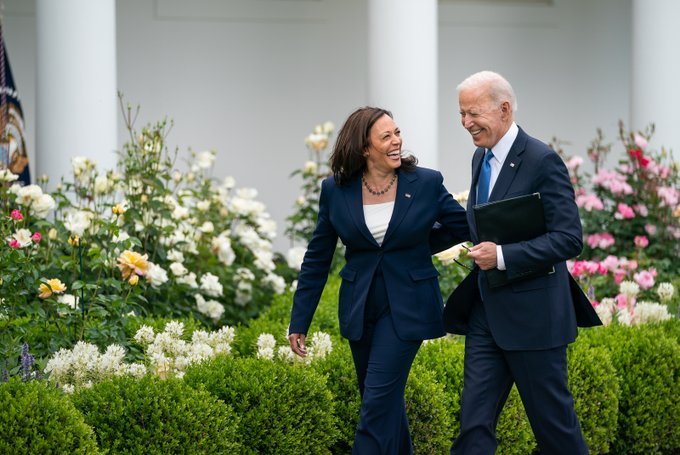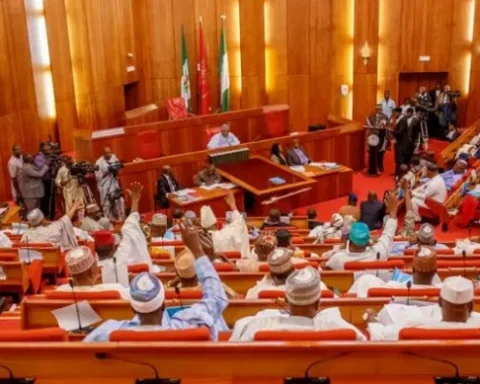By Thelma Anwatu.
In a surprising and significant move, President Joe Biden announced today that he will not seek re-election in the upcoming November 2024 presidential election. Citing the best interests of both the Democratic Party and the nation, Biden’s decision marks a pivotal moment in the political landscape as the Democratic Party prepares for a new standard-bearer in the race for the White House.
In his tweet, he says “My fellow Democrats, I have decided not to accept the nomination and to focus all my energies on my duties as President for the remainder of my term. My very first decision as the party nominee in 2020 was to pick Kamala Harris as my Vice President. And it’s been the best decision I’ve made. Today I want to offer my full support and endorsement for Kamala to be the nominee of our party this year. Democrats — it’s time to come together and beat Trump. Let’s do this.”
Biden’s tenure as the 46th President of the United States has been marked by significant achievements and challenges. His administration has navigated a complex landscape of domestic and international issues, including the ongoing recovery from the COVID-19 pandemic, economic revitalization efforts, climate change initiatives, and a renewed focus on social justice and equality. Biden’s decision not to run for a second term underscores his desire to consolidate these accomplishments and to allow new leadership to build upon the foundation he has established.
The announcement has triggered a wave of reactions across the political spectrum. Democratic leaders have expressed their gratitude for Biden’s service and leadership, while also preparing for a competitive primary season. Vice President Kamala Harris, a prominent figure in the current administration, is widely expected to be a strong contender for the Democratic nomination. Other potential candidates, such as Senators Elizabeth Warren and Bernie Sanders, and Governors Gavin Newsom and Gretchen Whitmer, are also anticipated to consider bids for the presidency.
Republican responses to Biden’s decision have varied, with some viewing it as an opportunity to capitalize on what they perceive as a moment of vulnerability for the Democratic Party. The Republican primary field, already crowded with contenders, may see increased activity as candidates adjust their strategies in light of Biden’s announcement.
Political analysts suggest that Biden’s decision reflects a pragmatic approach to ensuring the Democratic Party’s success in the 2024 election. By stepping aside, Biden allows for a potentially rejuvenated and unified front, avoiding the divisiveness of an intra-party challenge that could weaken the party’s position against the Republican nominee.
As the nation looks ahead to the 2024 election, Biden’s announcement sets the stage for a dynamic and consequential campaign season. The decision highlights American politics’ evolving nature and strategic leadership’s importance in navigating governance challenges. While Biden’s presidency will be remembered for its pivotal moments and transformative policies, his choice to step down may ultimately be viewed as a testament to his dedication to the democratic process and the country’s well-being.



























